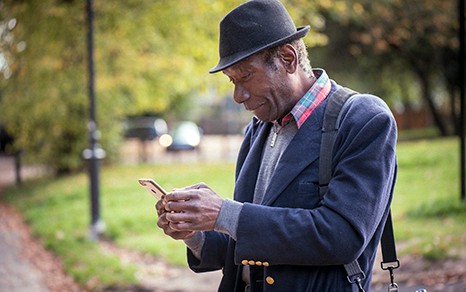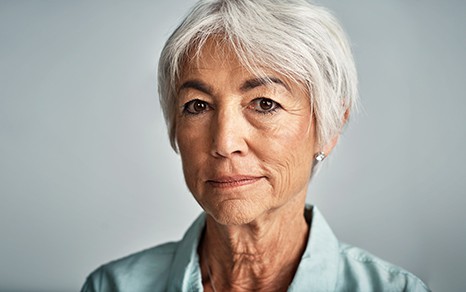Seniors in Ontario have Rights
Ontario’s Human Rights Code, enacted in 1962,prohibits actions that discriminate against people based on a protected ground in a protected social area.
Protected grounds are:
- Age
- Ancestry, colour, race
- Citizenship
- Ethnic origin
- Place of origin
- Creed
- Disability
- Family status
- Marital status (including single status)
- Gender identity, gender expression
- Receipt of public assistance (in housing only)
- Record of offences (in employment only)
- Sex (including pregnancy and breastfeeding)
- Sexual orientation.
All older adults have the Right to life, liberty and security.
Older adults in Ontario who are capable have the right:
- to make their own decisions
- to choose what is best for themselves
- to expect services to enhance capacity
- to maintain control over their destiny and decisions
- to preserve and maintain their quality of life.
Elder Abuse Prevention Ontario upholds the Rights of all older adults
It is important to respect the following issues when providing help to abused or at-risk seniors:
- Diverse cultural customs
- Language differences and barriers
- Religious beliefs
- Sexual orientation
- Lifestyle choices
- Poverty
- Socio-economic status
- At-risk factors
- Disabilities
- Behaviours
- Educational background
- Family Relationships
- Personal attitudes

Protecting the Human Rights of Seniors
The United Nations: Human Rights, 1991
The General Assembly adopted the United Nations Principles for Older Persons.
The document outlined specific older person’s Rights regarding: independence, participation, care, self-fulfillment and dignity.
Summary of the 18 Human Rights Principles
Independence Principles:
- Older persons should have access to adequate food, water, shelter, clothing and health care through the provision of income, family and community support and self-help.
- Older persons should have the opportunity to work or to have access to other income-generating opportunities.
- Older persons should be able to participate in determining when and at what pace withdrawal from the labour force takes place.
- Older persons should have access to appropriate educational and training programmes.
- Older persons should be able to live in environments that are safe and adaptable to personal preferences and changing capacities.
- Older persons should be able to reside at home for as long as possible.
Participation Principles:
- Older persons should remain integrated in society, participate actively in the formulation and implementation of policies that directly affect their well-being and share their knowledge and skills with younger generations.
- Older persons should be able to seek and develop opportunities for service to the community and to serve as volunteers in positions appropriate to their interests and capabilities.
- Older persons should be able to form movements or associations of older persons.
Care Principles:
- Older persons should benefit from family and community care and protection in accordance with each society’s system of cultural values.
- Older persons should have access to health care to help them to maintain or regain the optimum level of physical, mental and emotional well-being and to prevent or delay the onset of illness.
- Older persons should have access to social and legal services to enhance their autonomy, protection and care.
- Older persons should be able to utilize appropriate levels of institutional care providing protection, rehabilitation and social and mental stimulation in a humane and secure environment.
- Older persons should be able to enjoy human rights and fundamental freedoms when residing in any shelter, care or treatment facility, including full respect for their dignity, beliefs, needs and privacy and for the right to make decisions about their care and the quality of their lives.
Self-fulfillment Principles:
- Older persons should be able to pursue opportunities for the full development of their potential.
- Older persons should have access to the educational, cultural, spiritual and recreational resources of society.
Dignity Principles:
- Older persons should be able to live in dignity and security and be free of exploitation and physical or mental abuse.
- Older persons should be treated fairly regardless of age, gender, racial or ethnic background, disability or other status, and be valued independently of their economic contribution.



